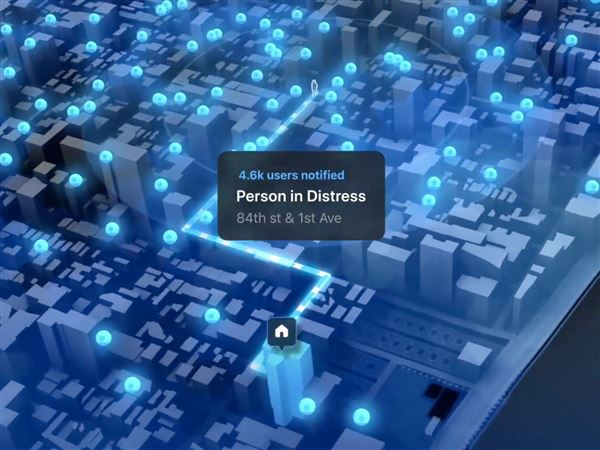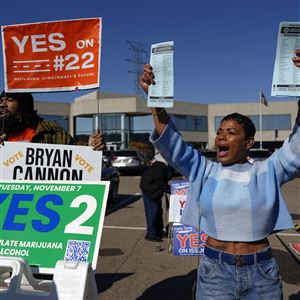It's not clear whether cheating was involved in test results that were flagged in a 2009 statewide analysis, but it's obvious that regular reviews are an important safeguard that can help protect the integrity of the mandatory Pennsylvania System of School Assessment program.
Data Recognition Corp., which develops the exams, analyzed results from the 2008-09 school year and found irregularities in several dozen of the state's 3,000-plus schools, including those in eight districts and one charter school in southwestern Pennsylvania. The firm, under a contract with the state Department of Education, looked at a variety of factors, including erasure marks and any big changes in performance among subsets of students.
Then nothing happened. The results apparently fell through the cracks when the responsible employee left the state Education Department. That means if any cheating or impropriety did occur, not even the school districts involved were notified.
The two-year-old report didn't come to light until this month, in an article in Philadelphia Public School Notebook, an online publication.
Fortunately, Education Secretary Ron Tomalis has ordered an investigation into what happened to the forgotten report. In addition, he has ordered a statewide analysis on 2010 test results, in addition to a 2011 report that previously was authorized.
Confirming the validity of the statewide tests is important for many reasons: they inform parents and students of weaknesses in performance; they can alert teachers and administrators to the need for revisions in coursework; they determine school compliance with mandates of the federal No Child Left Behind Act; and they can make a difference in the amount of state subsidies that districts receive for educational programming.
One thing that should not occur already is under consideration in the Monessen School District, however. When Superintendent Cynthia Chelen learned that an abundance of erasure marks on tests taken by district fourth graders had triggered scrutiny in the 2009 report, she told Post-Gazette reporter Jonathan D. Silver she would tell her teachers to advise students to curtail changing answers on future tests. It seems premature and misguided to suggest students should not be allowed to revise their work after thinking about their answers.
That sort of knee-jerk reaction could do more harm to the integrity of test taking, the opposite outcome that the careful screening of test results seeks to ensure.
First Published: July 19, 2011, 4:00 a.m.
















